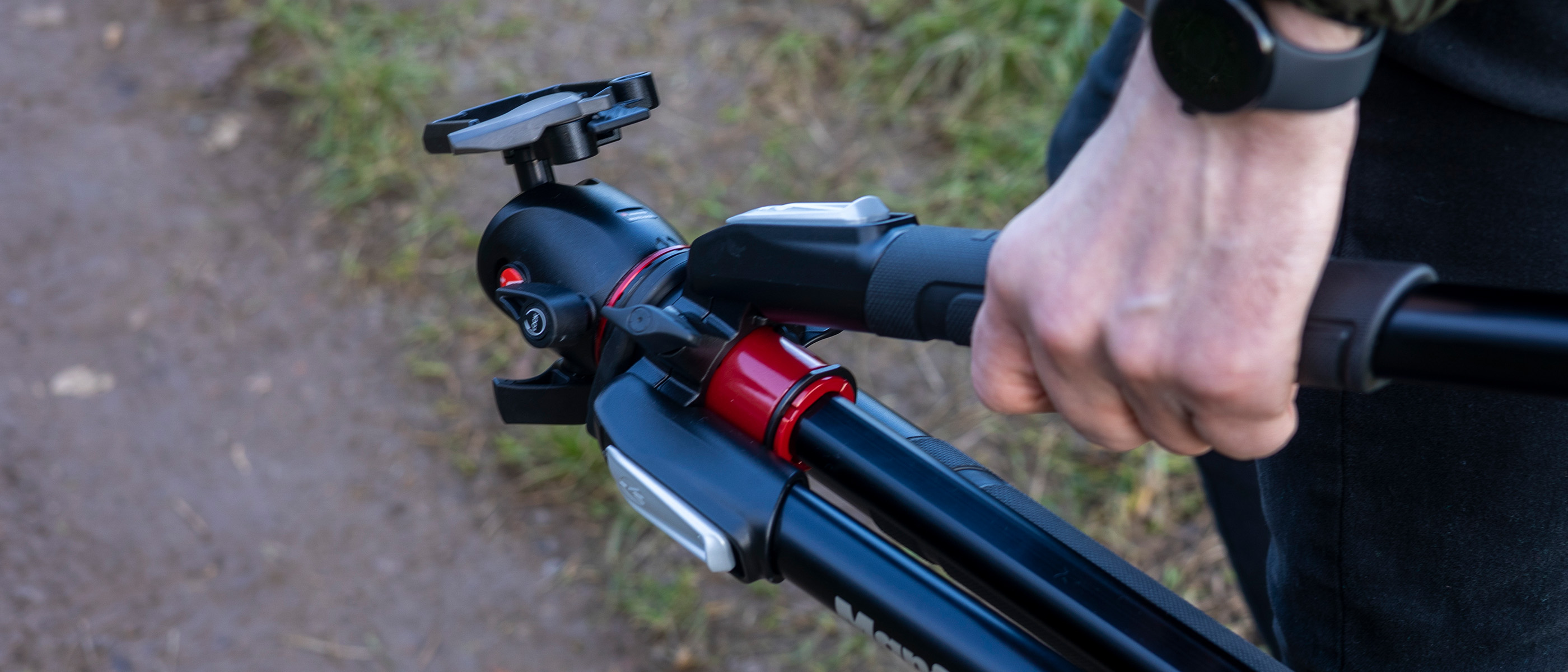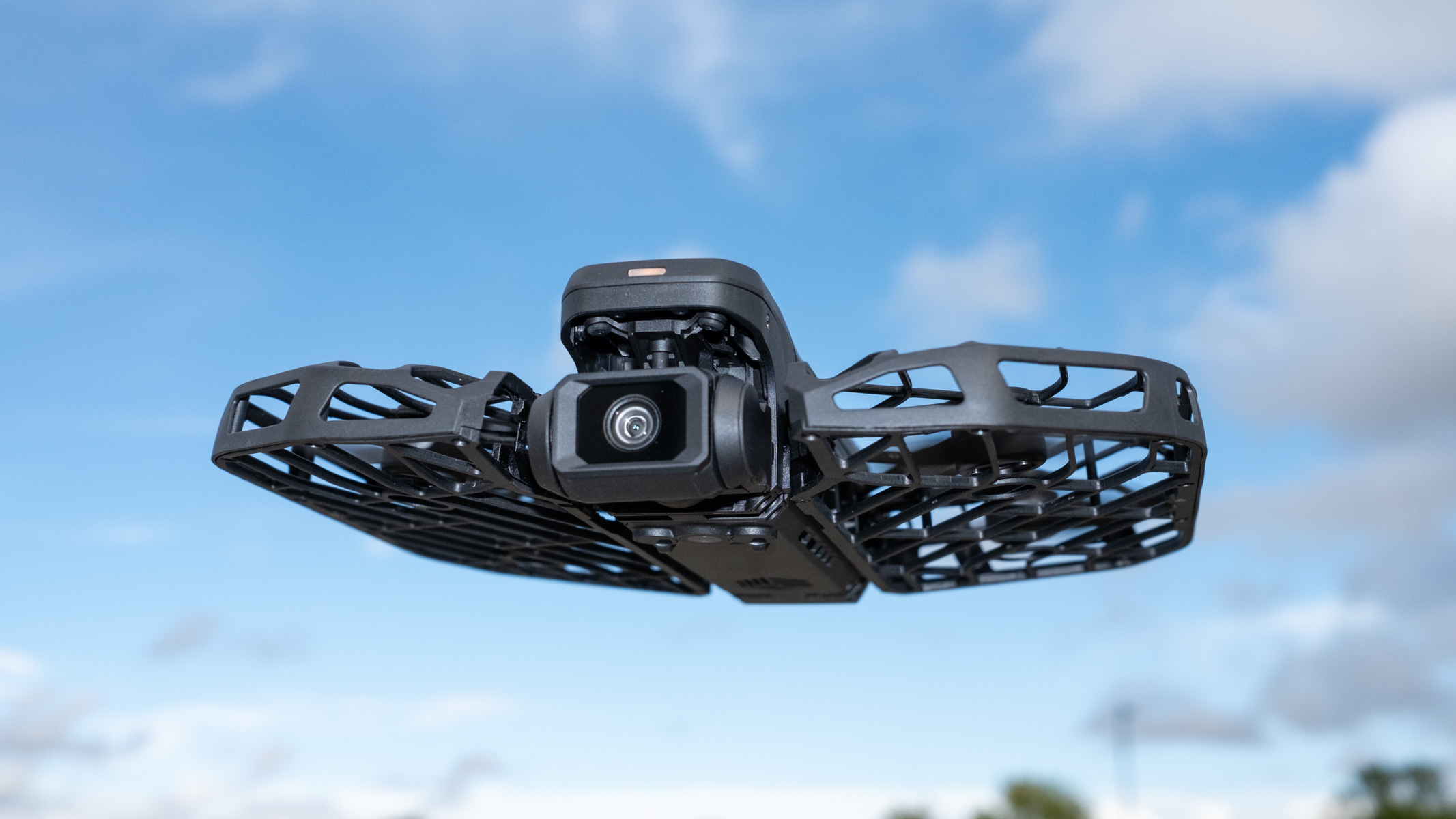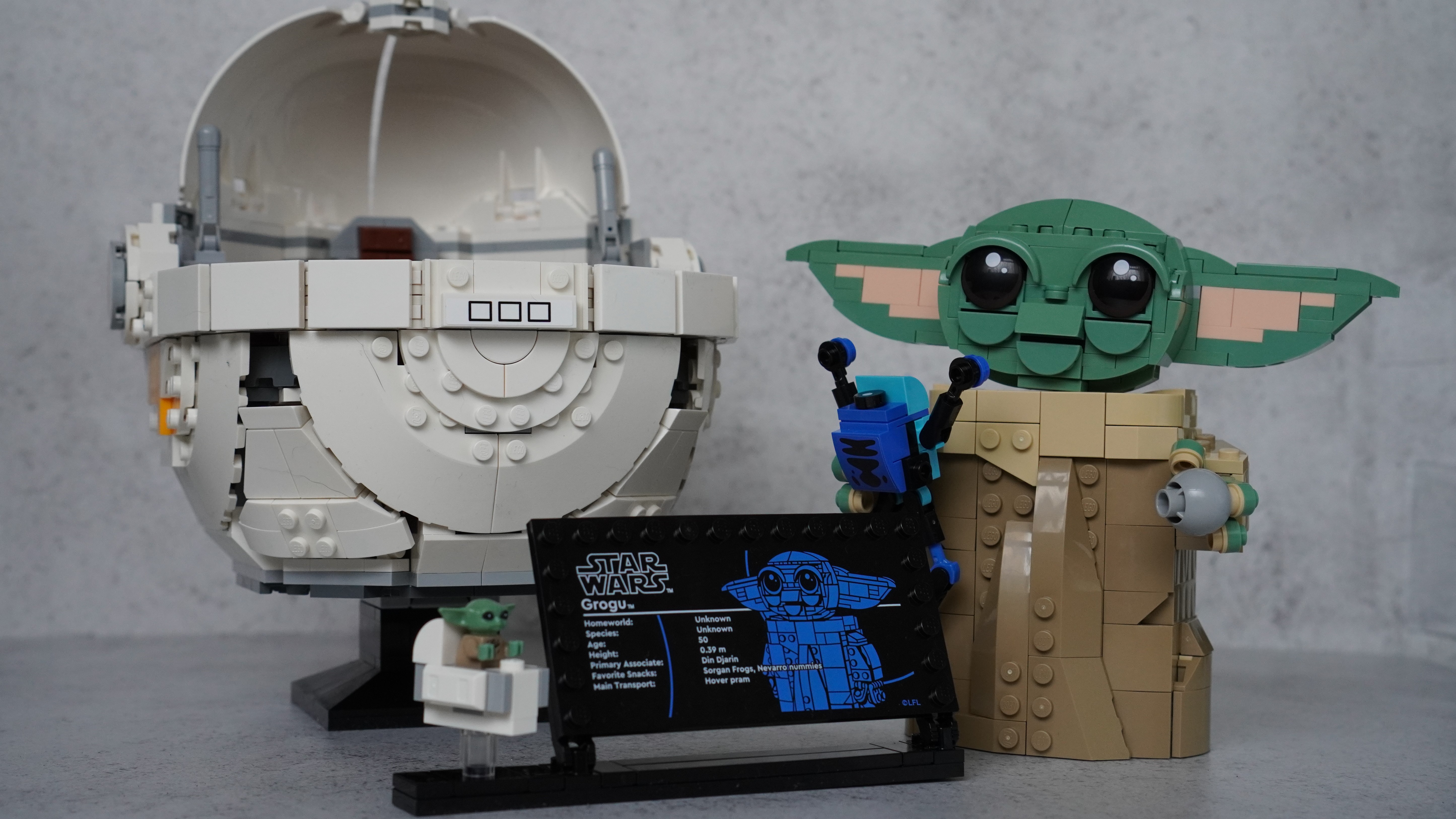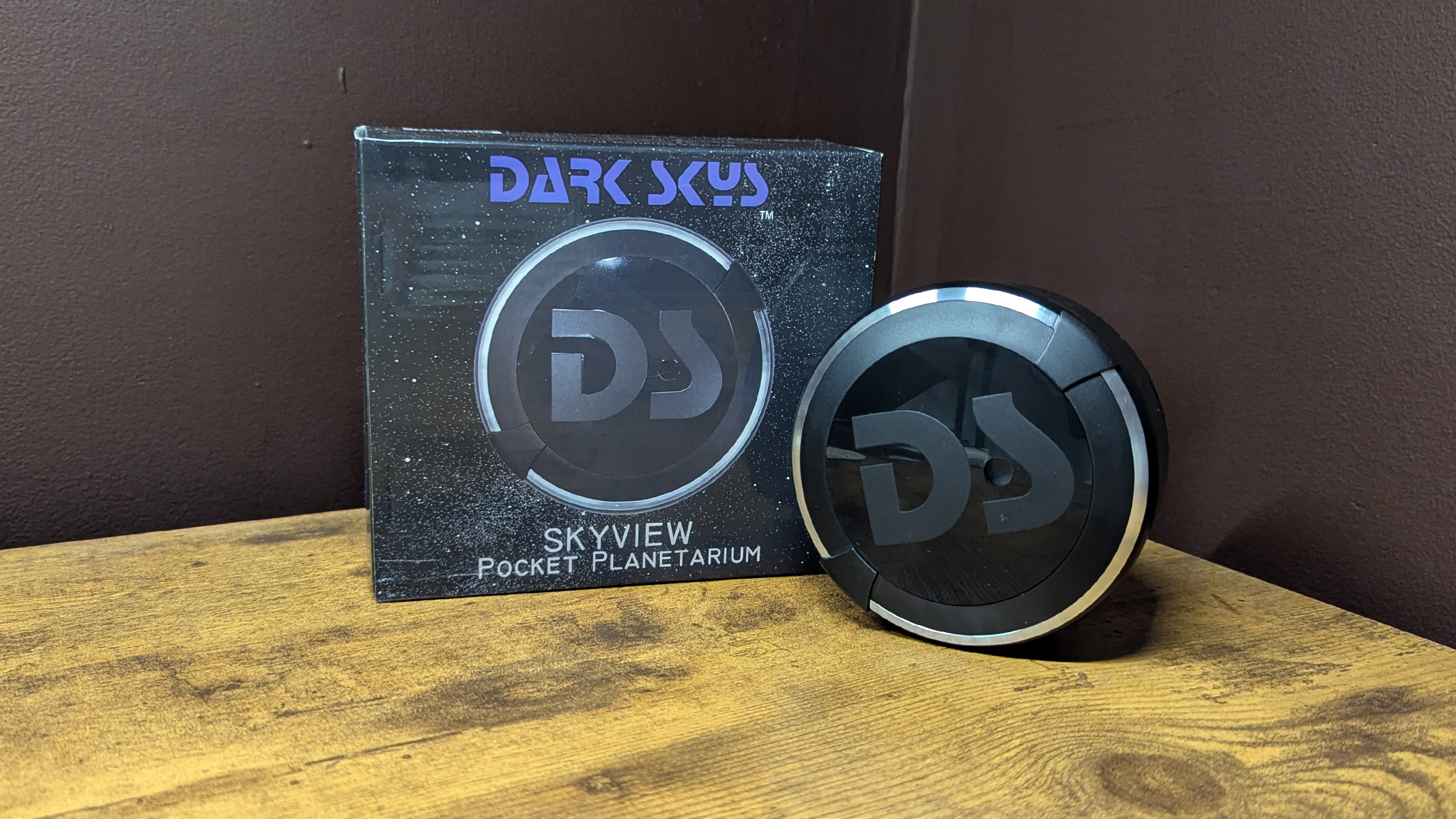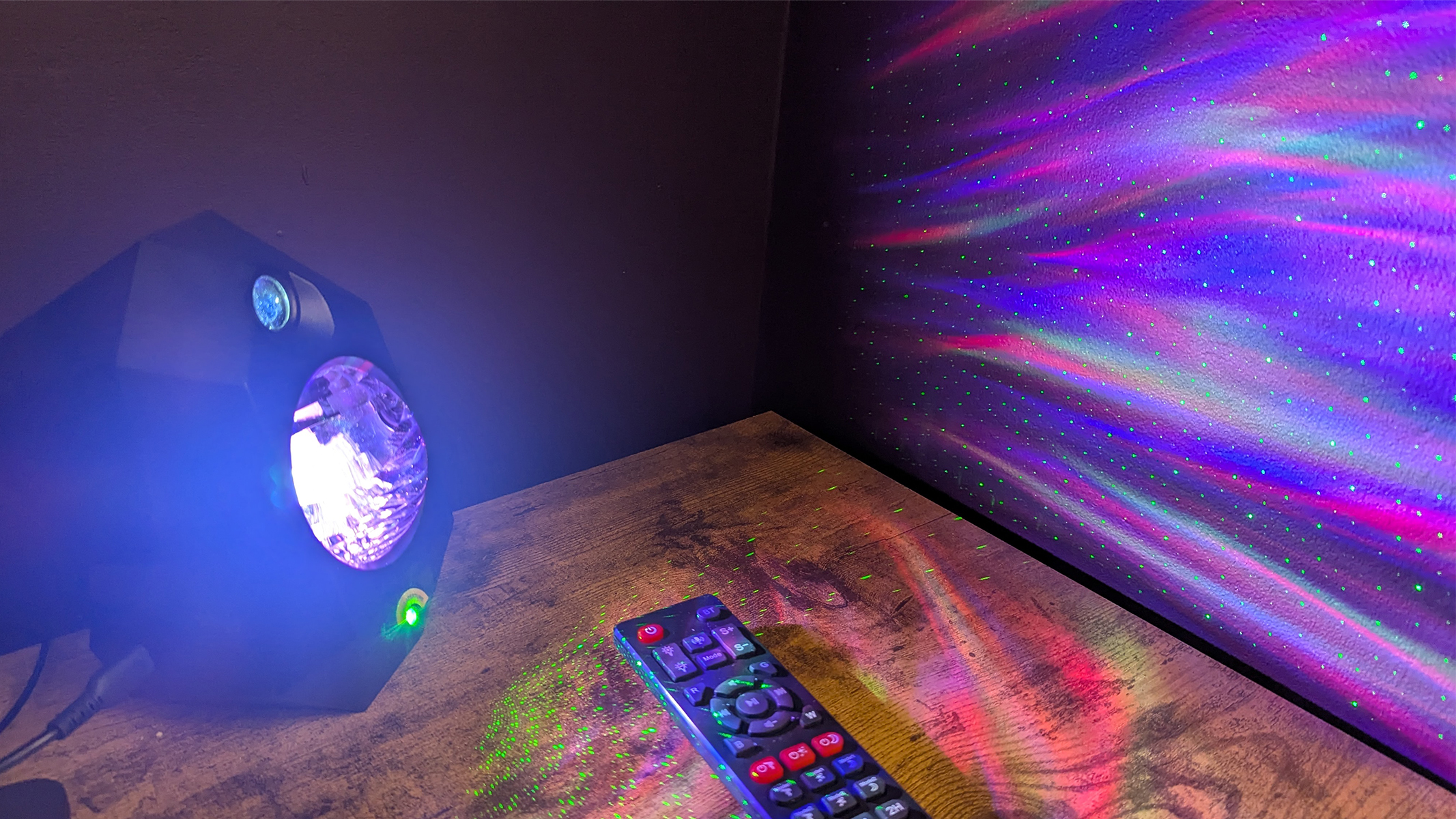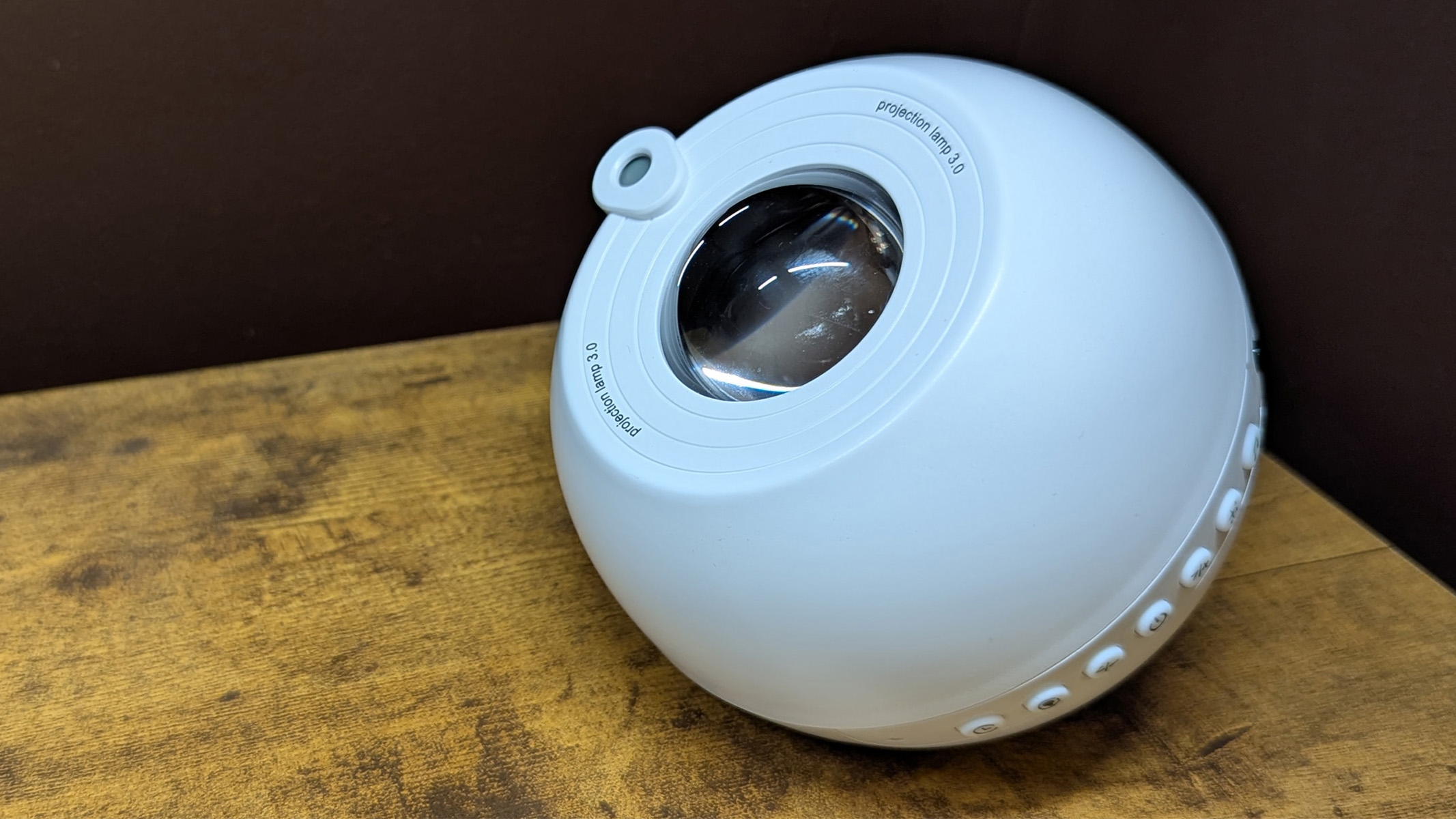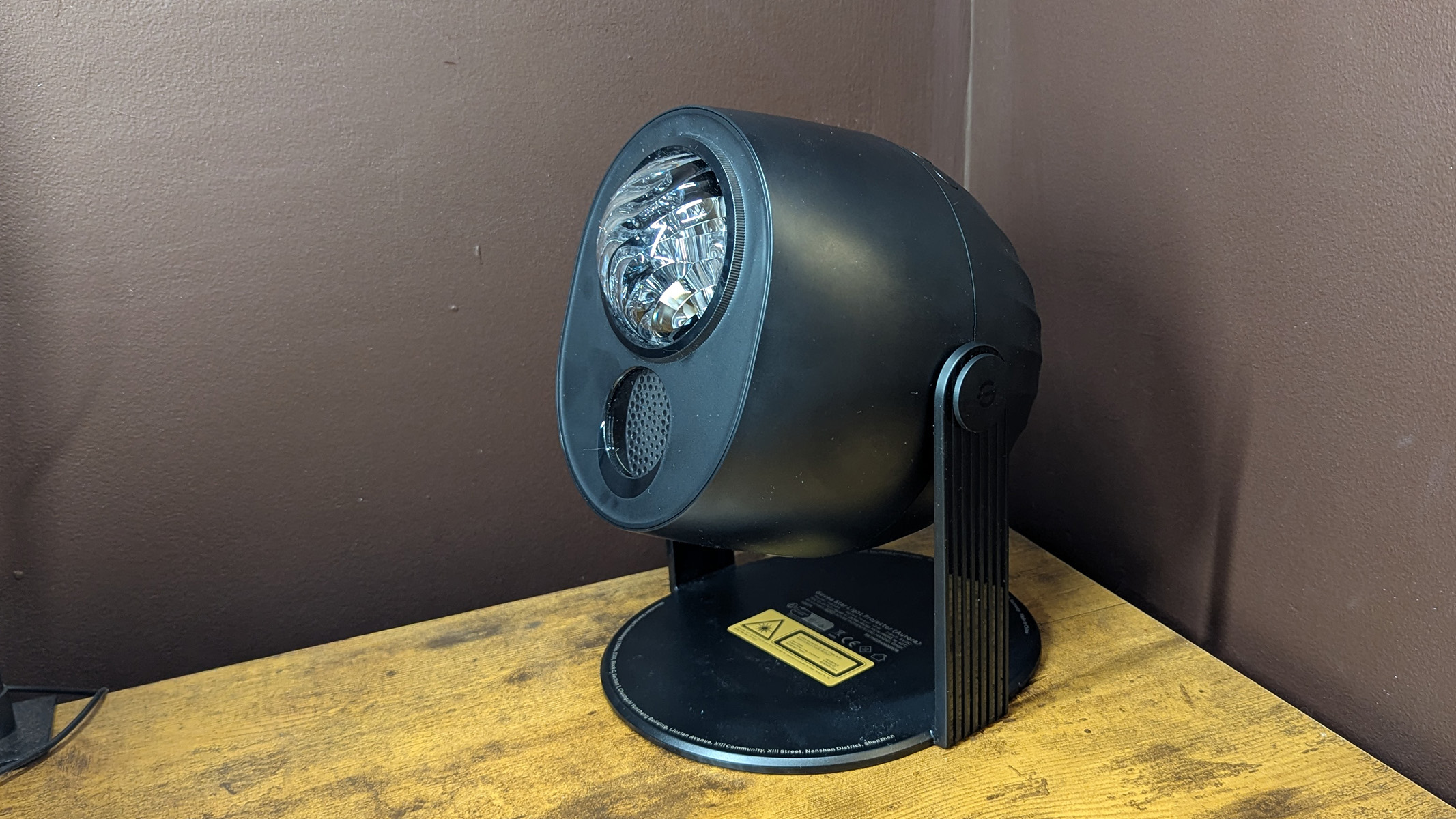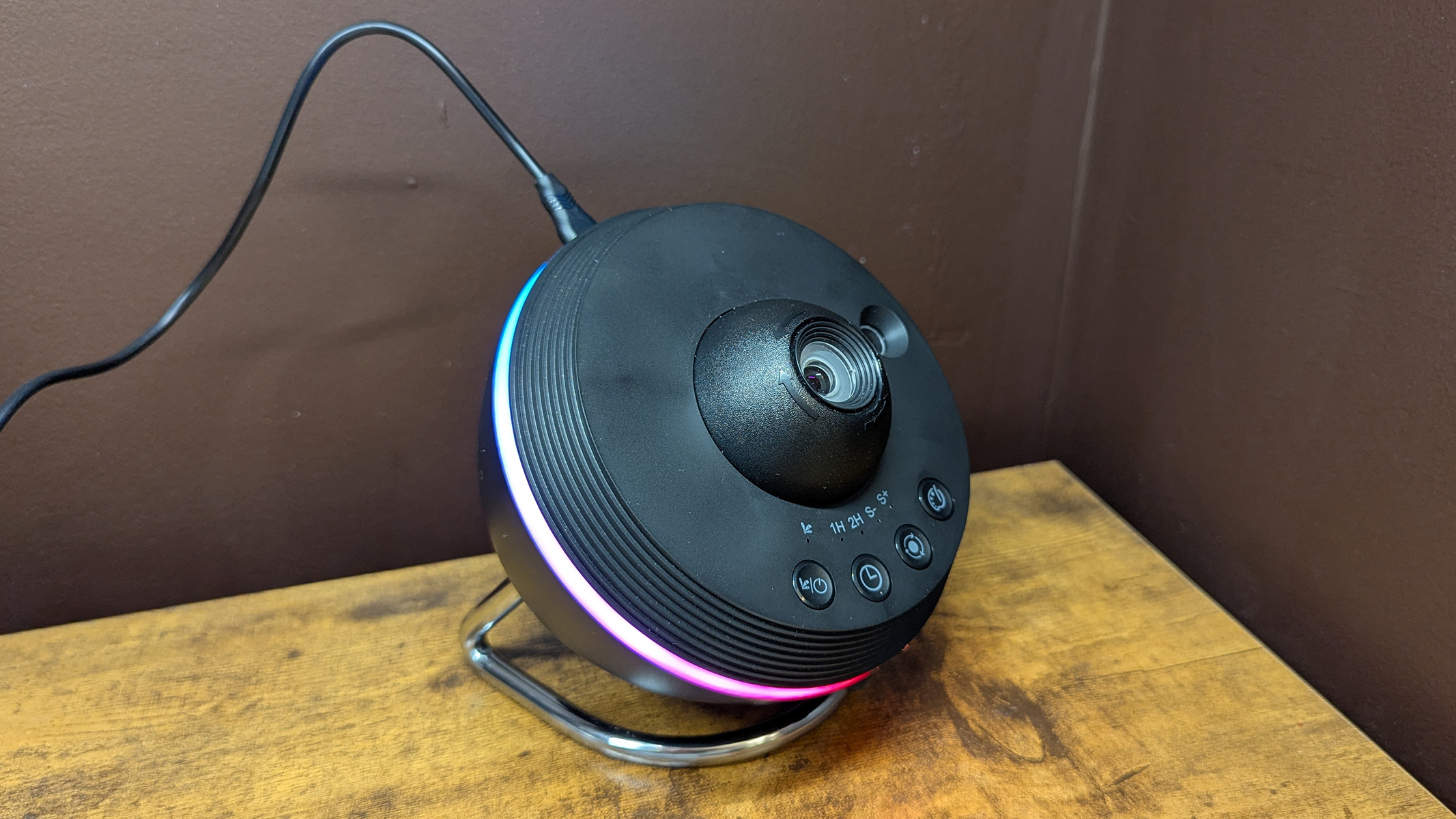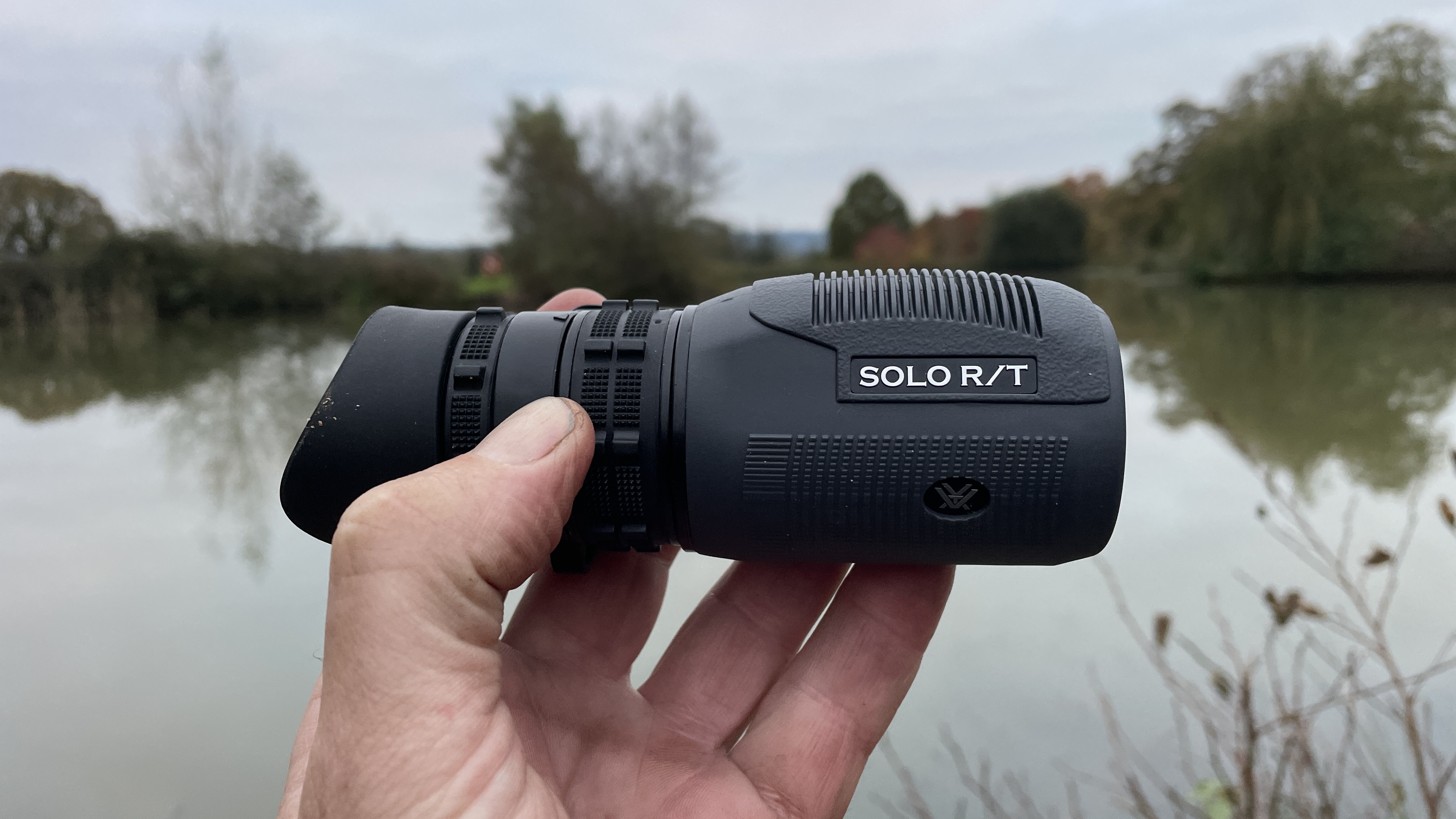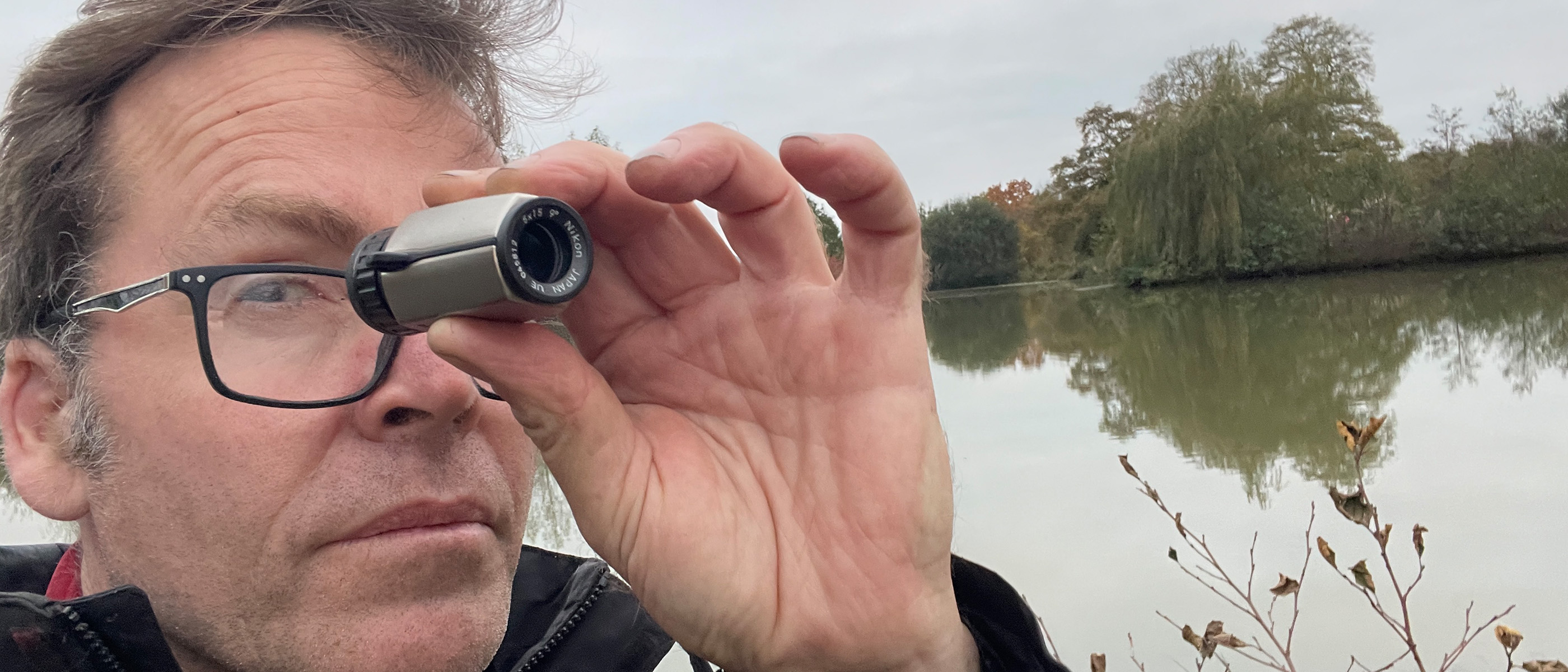Space Verdict
The Manfrotto MK055XPRO3-BHQ2 carries a premium price tag, but it is incredibly solid, well-built and easy to use in the dark. It is capable of supporting heavyweight setups or star trackers, though it may be overkill for beginners or users of only lightweight cameras.
Pros
- +
Can handle a hefty load
- +
Leveling bubbles aid composition
- +
Build quality is excellent
Cons
- -
Heavy to carry for long periods
- -
Tripod bag not included
- -
Relatively expensive
Why you can trust Space.com
Italy-based Manfrotto is a brand synonymous with the best tripods and photography accessories. With models to suit all levels of photography, even the cheaper models of Manfrotto tripods can usually be relied on for lasting durability, excellent design features and being crafted to high standards. Can the same be said for the Manfrotto MK055XPRO3-BHQ2?
Launched in 2015, the MT055XPRO3 aluminum tripod (BHQ2 is code for the bundled ball head) is a three-section support that replaces the popular — but now discontinued — 055XPROB tripod. It has advanced features for enthusiasts and professional photographers, plus a build quality that's hard to find fault with. It's also heavy. That said, it is still portable enough to carry around on location, even though it doesn't come with its own carry case or strap. If price is no object, this is a perfect companion to the best cameras for astrophotography.
Because the tripod is bundled with the excellent Manfrotto XPRO ball head, you're ready to get shooting as soon as you've taken the tripod out of the box. We've put it to the test, and here we discuss how it fares in terms of usability, design and performance.
Take a look at our best tripods guide for details and our opinions about alternative models too.
Manfrotto MK055XPRO3-BHQ2: Design
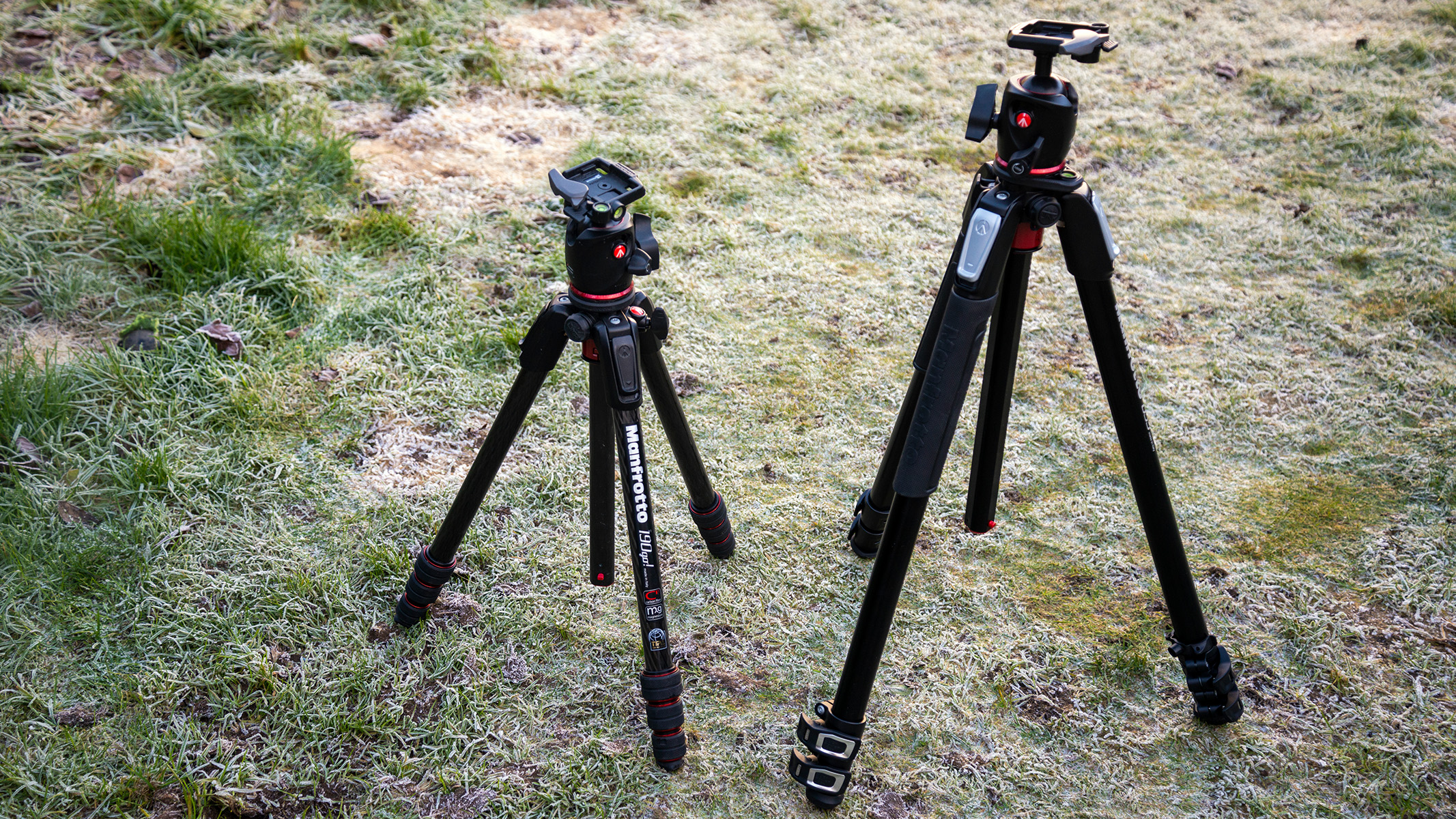
- 90º adjustable center column
- Easy Link connector for attaching accessories
- The feet aren't interchangeable
The MT055XPRO3 is made from solid and sleek aluminum — a material that's strong for its weight, malleable and generally around 30-50% cheaper than carbon fiber. The black paint coating on the legs is pleasingly smooth, and two of the legs have grips for easy carrying and handling.
Each leg has three sections that get thinner at the bottom (30, 26, 22.5 mm) and two locks to make the design more stable and rigid. Manfrotto uses different tripod leg-locking systems between models. While lighter models like the Manfrotto 190 Go! have M-lock mechanisms (rotating knobs that you twist to loosen each section), this heavy-duty model uses Quick Power Lock levers to release and lock each leg section. They're essentially clips you have to physically pull to undo and push back in to lock. They can be stiff to use when the tripod is new so open and close it a few times before heading out with cold hands.
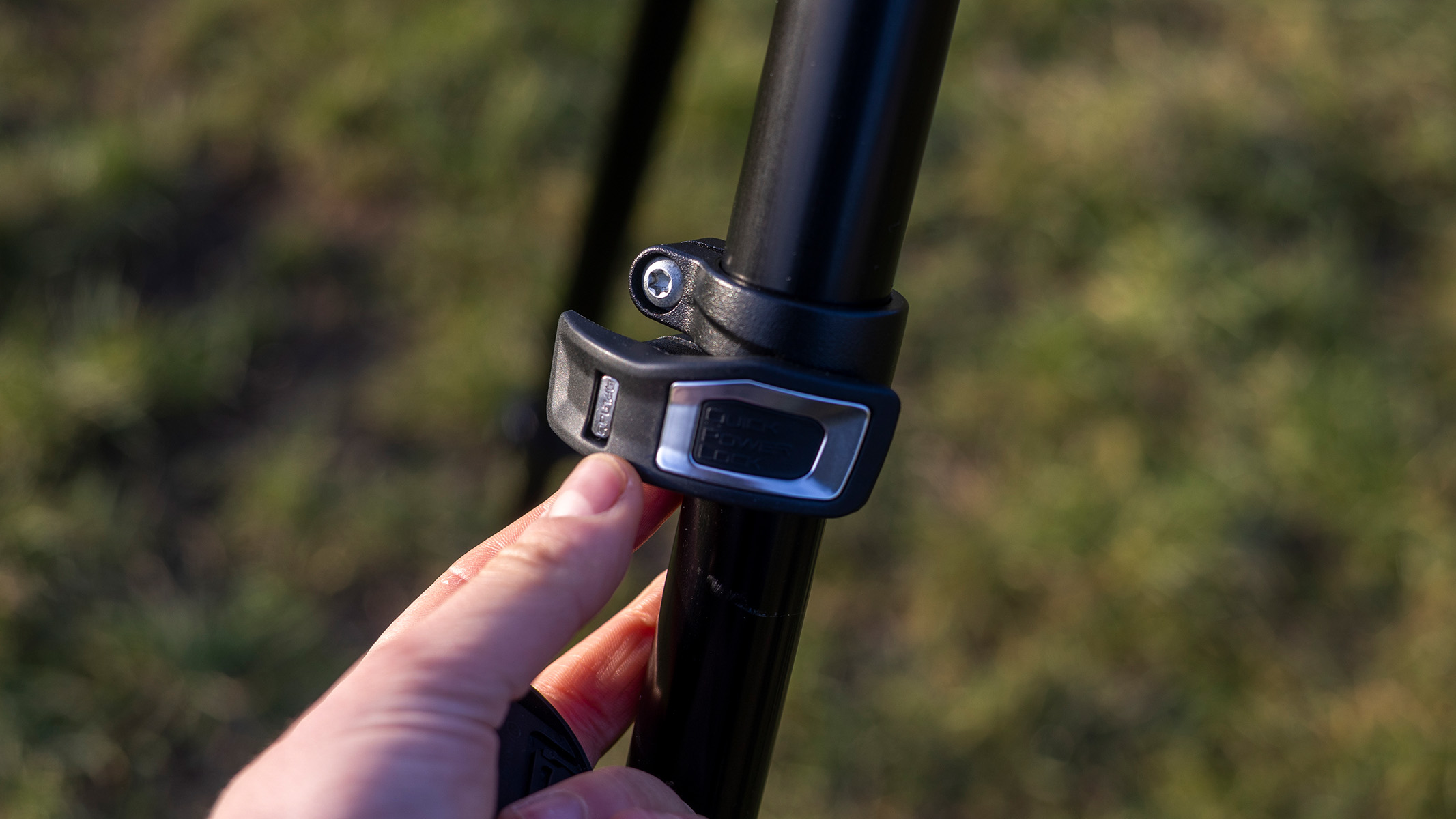
Material: Aluminum
Leg sections: Three
Weight: 5.5 lb / 2.5 kg
Max load: 33.1 lbs
Folded height: 28.5 inches
Ball head or pan/tilt head: Ball head
Any tripod head with a 1/4 inch screw can be used, but the magnesium XPRO Ball Head that comes with the kit is well-designed and also very solid. It has two main locks and a tiny friction-adjusting knob, then there's the red Manfrotto logo on either side. There are three leveling bubbles; two next to the Manfrotto 200 PL tripod plate for more precise framing and another by the 360-degree panoramic rotation mechanism. The degree markings on the rotating section are ideal for technical photographers, placing the model toward a professional audience.
Traditional tripod ball heads tended to use grease to aid the ball movements in making camera adjustments smooth, which was undoubtedly unpleasant when you got it on your hands. Manfrotto has instead opted to use polymer rings for smooth and accurate adjustment. On the whole, the design is simple but quite effortless — Manfrotto has honed a classic rather than tearing up the rulebook.
Manfrotto MK055XPRO3-BHQ2: Performance
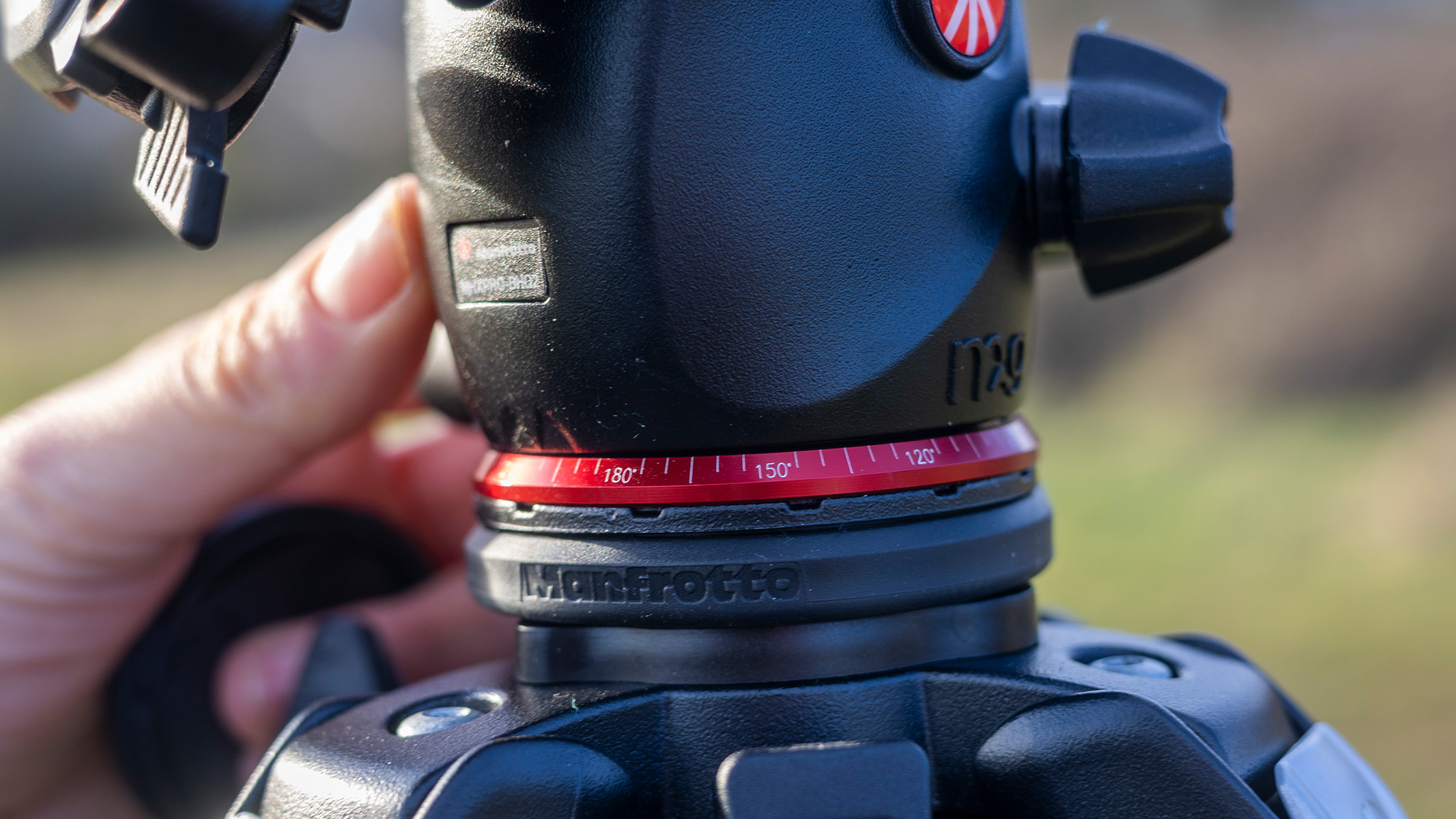
- Solid ball head
- Legs are strong and reliable
- Easy to fine-tune a composition
The performance and quality of the original Manfrotto 055XPROB were beloved by landscape photographers, and this upgraded model is no different in that respect. What is different is Manfrotto's new Easy Link attachment in the top casting, which is a screw-in adapter that is covered by a rubber cover when not in use. This makes it easy to add accessories such as a flash, LED reflector, mic, or even a bracket, turning it into a versatile video tripod if and when needed and keeping your hands free.
Compared with the competition, one thing that stands out about this kit is its superb maximum payload. In our experience, astrophotography gear tends to be on the heavier side and often needs to be kept stable for a long time — not just a few seconds. For the weight it can handle (a max payload of 33.1lb), it's one of the best performers in this regard out there. When pointing a Nikon D800 directly up at the sky for hours and when tested on an anti-gravity tilt, there was no camera creep to be seen. Most importantly, the tripod legs remained incredibly stable at every height, even with the central column raised.
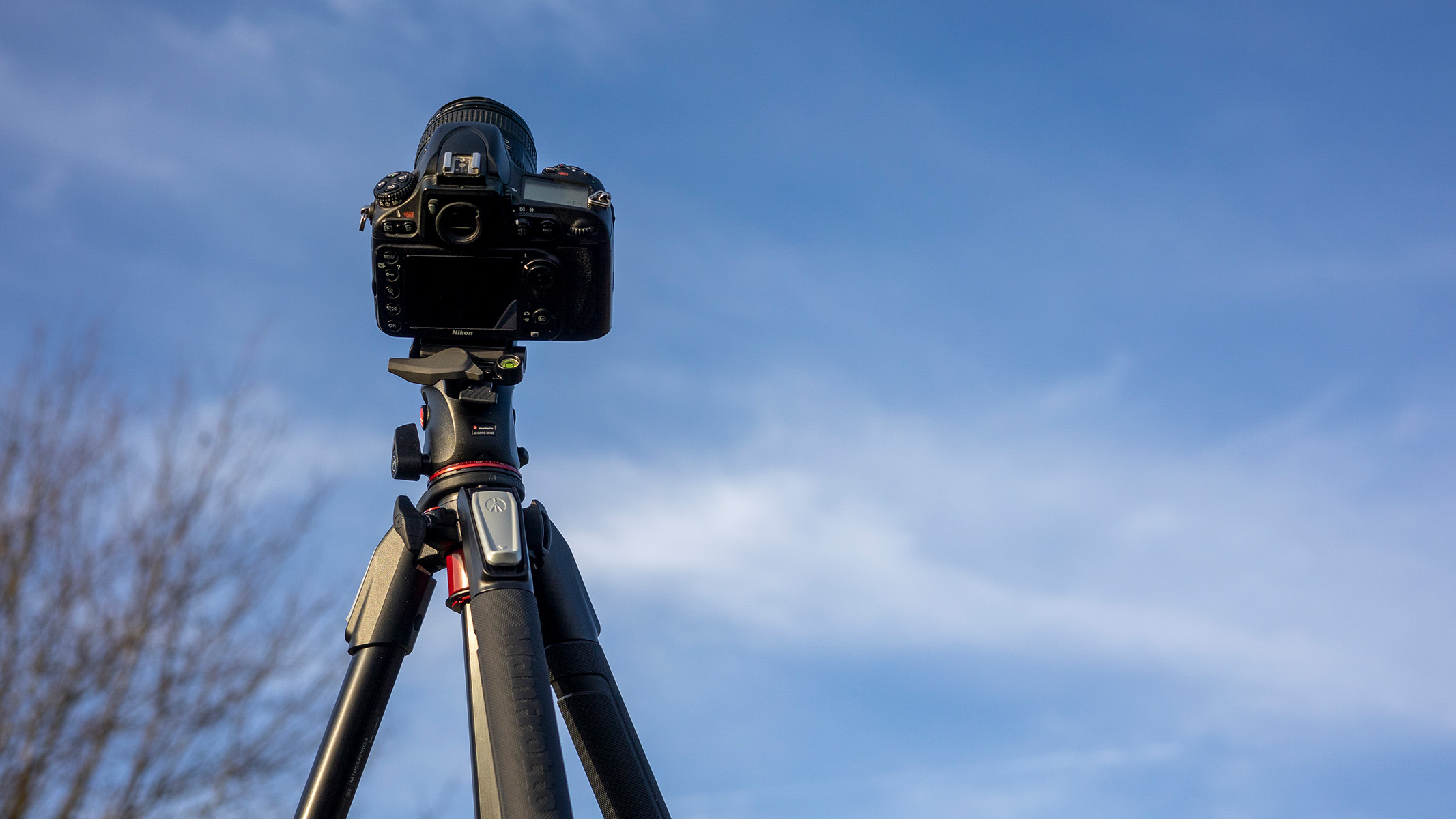
When it comes to composing astrophotographs using the ball head, things are also very pleasing and ergonomic. Our only complaint about this Manfrotto's quick-release tripod plate system is that the camera can rotate when it's tilted towards the sky. But whatever the camera angle, we never had to remove our old, chunky DSLR or found it slipping. And for lighter mirrorless cameras, this certainly shouldn't be a problem.
The quick-release plate does just that — it makes removing the camera super speedy. Then with one slide and a pleasing click, you know the camera is firmly back in place. The three bubble levels are also easy to use when you want to level your camera, and it's helpful to have one that rotates freely around the center column. Still, you'll need a torch to see them if you're shooting after dark, and of course, you could just use your camera's built-in level instead.
Manfrotto MK055XPRO3-BHQ2: Functionality
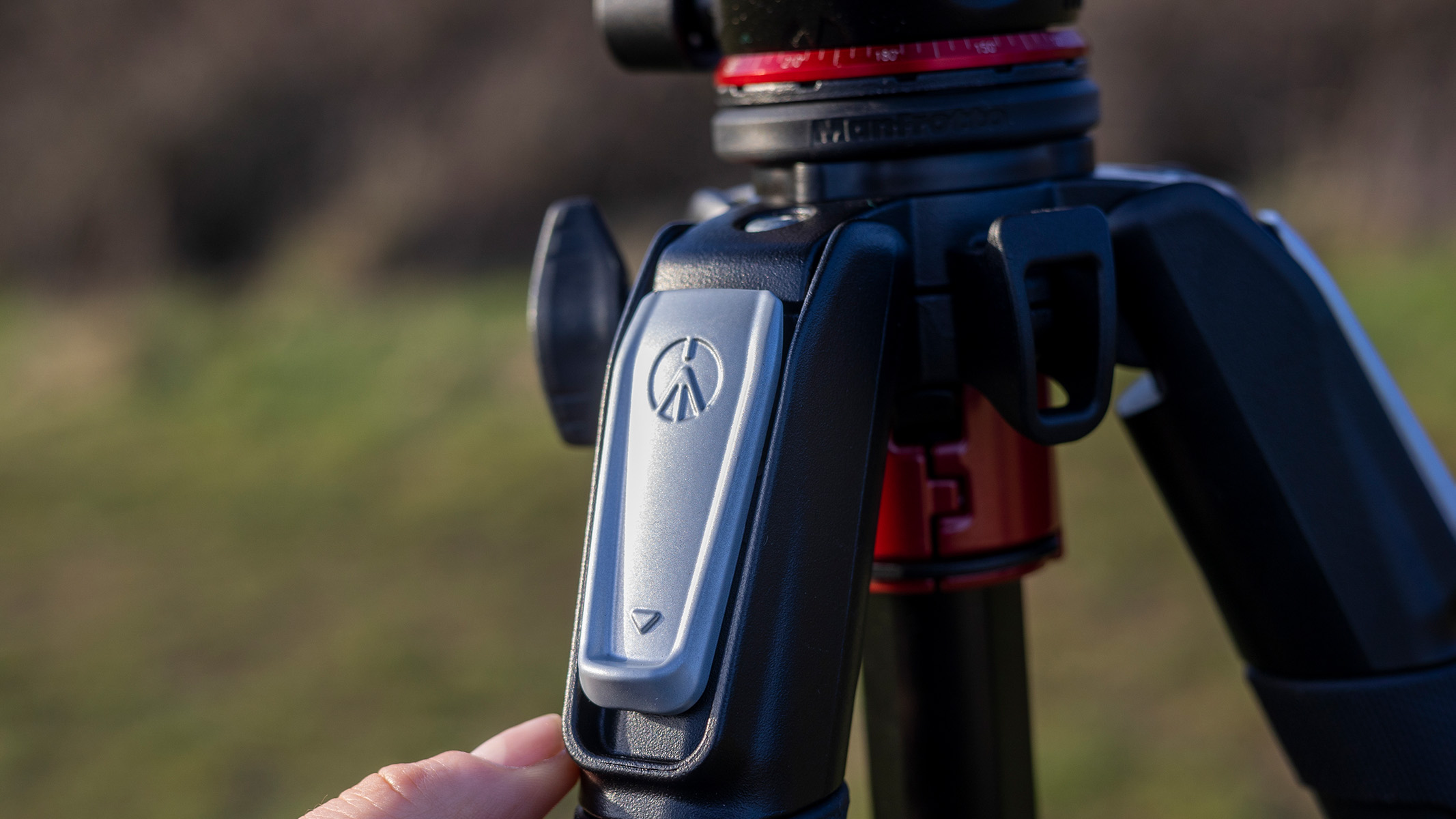
- 360º panoramic markings
- Versatile central column
- 90º column gives a good range of movement
When choosing a tripod for astrophotography, you need a versatile design that stays solid and eliminates camera shake while accommodating all sorts of camera angles. The Manfrotto MK055XPRO3 BHQ2 is a joy to use, but it isn't in any way showy. With features like its 360-degree ball head and convertible tripod column, this tripod kit has heaps of functionality.
When shooting in the dark, all the buttons and knobs on a tripod must be tactile and easy to find. The 'Quick Power Locks' are undoubtedly robust and easy to open up, even with gloves. They are a tad noisy, as are the legs when they extend, so this isn't a tripod necessarily set for discreet wildlife photography.
Sensibly placed at the top of each leg, the Leg angle selector button gives you the option of four angles (25°,46°,66°,88°), all of which help with creative composition or uneven footing. We wouldn't like to rely on a fully raised central column for incredibly long exposures, but what's more practical about the 90º center column mechanism is that it allows the column to be extended vertically or horizontally. It doesn't sound ideal to have the camera's weight off-axis, but we didn't find it wobbling the tripod, even when taking low-level macro shots.
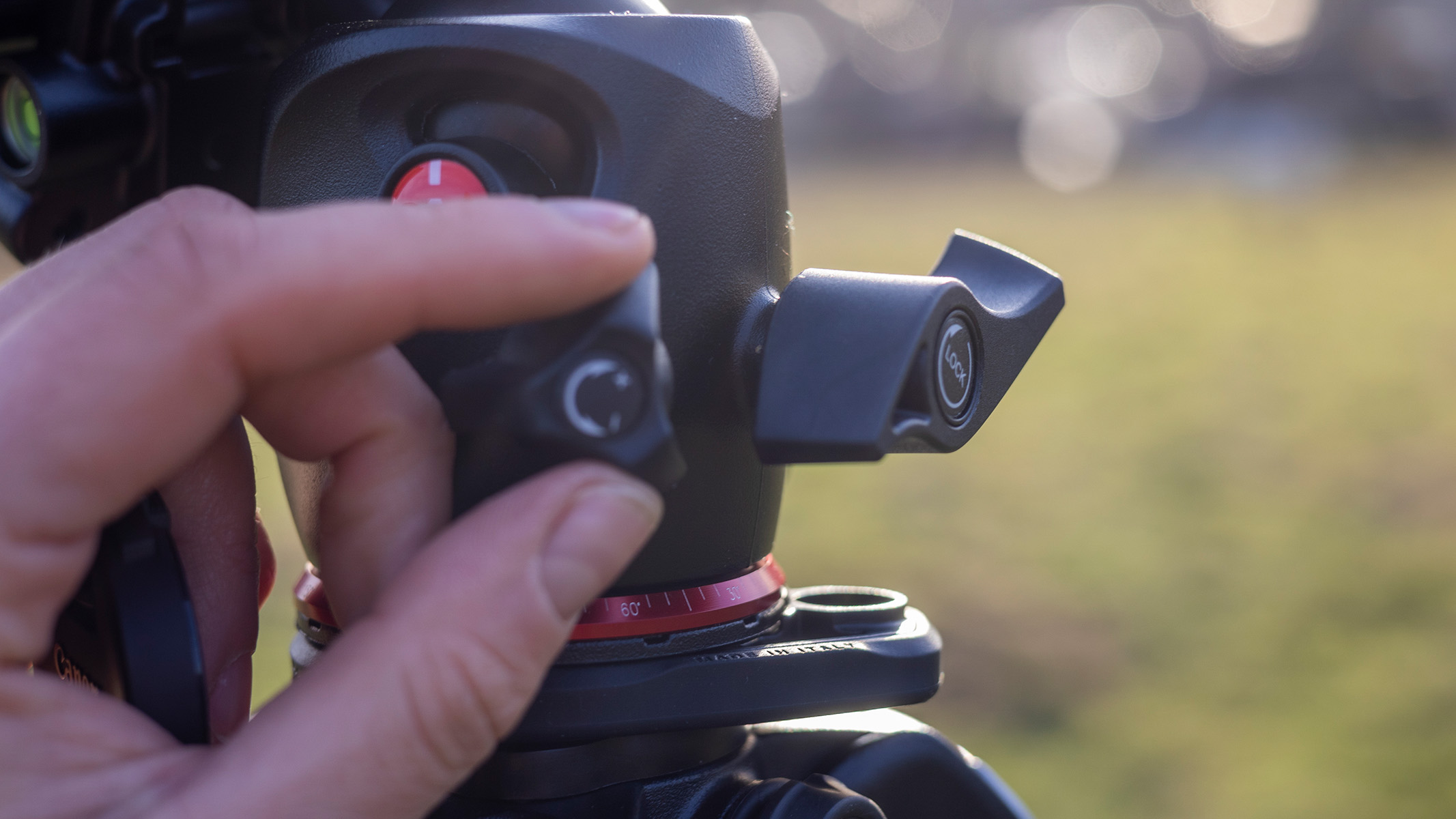
Tripods for astrophotography need to be able to withstand the elements. The MK055XPRO3-BHQ2 can operate in temperatures down to -30 °C, and its aluminum frame is eligible for a warranty extension valid up to 10 years from the date of purchase — to give you further peace of mind against an expensive investment. Like the Manfrotto 190 Go! there's no tripod hook for attaching weighted items to make the tripod more stable in high winds, although as the BHQ2 is so much heavier, this doesn't feel like an oversight.
The rubber tripod feet offer a decent grip on grass, rocks and sand, and you can replace the standard feet with retractable spike feet. However, the inclusion of interchangeable spiked tripod feet would have improved this tripod kit for outdoor use — particularly on uneven terrain or in high winds.
Overall, the biggest downside of the Manfrotto MK055XPRO3-BHQ2 is its weight, which affects portability. Some nighttime photographers will trek long distances to get to a specific location, and this kit isn't exactly hike-friendly or camera-bag-friendly. That said, the weight is somewhat of a trade-off for having such a sturdy, stable product. No, it isn't a travel tripod, but a person of average fitness could carry it using the leg grips for a half hour or so.
Should you buy the Manfrotto MK055XPRO3-BHQ2?
The MK055XPRO3-BHQ2 is a good buy for astrophotographers and advanced landscape photographers who want a sturdy tripod that can take a heavy kit. It can support a bigger load than the Manfrotto BeFree Advanced and Manfrotto 190 Go! — making it perfect for shooting on older (heavier) DSLRs, with big lenses or using star trackers. Bear in mind that it's not the lightest tripod around and doesn't come with a strap or bag. You'll shave off just shy of a third of the weight if you opt for the carbon fiber version, but this will cost you significantly more.
It's also the most expensive option of the three, and more expensive compared to the best tripods in our best tripods buying guide. However, if you are serious about astrophotography, need a heavy-duty tripod that will stand the test of time, and have the cash available, the MK055XPRO3 BHQ-2 won't let you (or your camera) down.
If the Manfrotto MK055XPRO3-BHQ2 isn't for you
If you can't stretch to reach the sizeable price tag of the MK055XPRO3-BHQ2 or only plan to use a lightweight camera setup, consider buying the more reasonably priced Manfrotto BeFree Advanced tripod.
For something more versatile than a traditional tripod, the Joby GorillaPod 5K can secure your camera setup (as the name suggests, up to 5kg in weight) on and around a range of surfaces thanks to its flexible legs. It's great for creative composition and can be used for any genre you can think of besides astrophotography.
If a small form factor is important to you, check out the Peak Design Travel Tripod, which we've also reviewed in the field. It's the most compact support you're likely to find for astrophotography and landscape photography in general.
Join our Space Forums to keep talking space on the latest missions, night sky and more! And if you have a news tip, correction or comment, let us know at: community@space.com.

Lauren is a photographer, writer and editor based in the Cotswolds, UK. An experienced journalist who has been covering the industry for over ten years, she's equally adept at putting the latest camera through its paces or learning a creative shooting technique and then passing that knowledge on in an accessible way. Lauren holds a degree in Natural History Photography and has plenty of real-world experience in a variety of disciplines, from astrophotography to wildlife, weddings, and even commercial portraiture. Lauren is the Managing Editor of Digital Camera World, having previously served as Editor of the global publication Digital Photographer, a practical-focused magazine that inspires hobbyists and pros alike to take phenomenal shots and get more from their kit.
Gayle King just conquered her fears with Blue Origin's all-female space launch. Here's how she did it.
100th person to fly only a suborbital spaceflight | Space picture of the day for April 14, 2025
‘It is the highest high’: Here's what Katy Perry and the 5 other women of Blue Origin's historic all-female flight felt after liftoff (videos)
